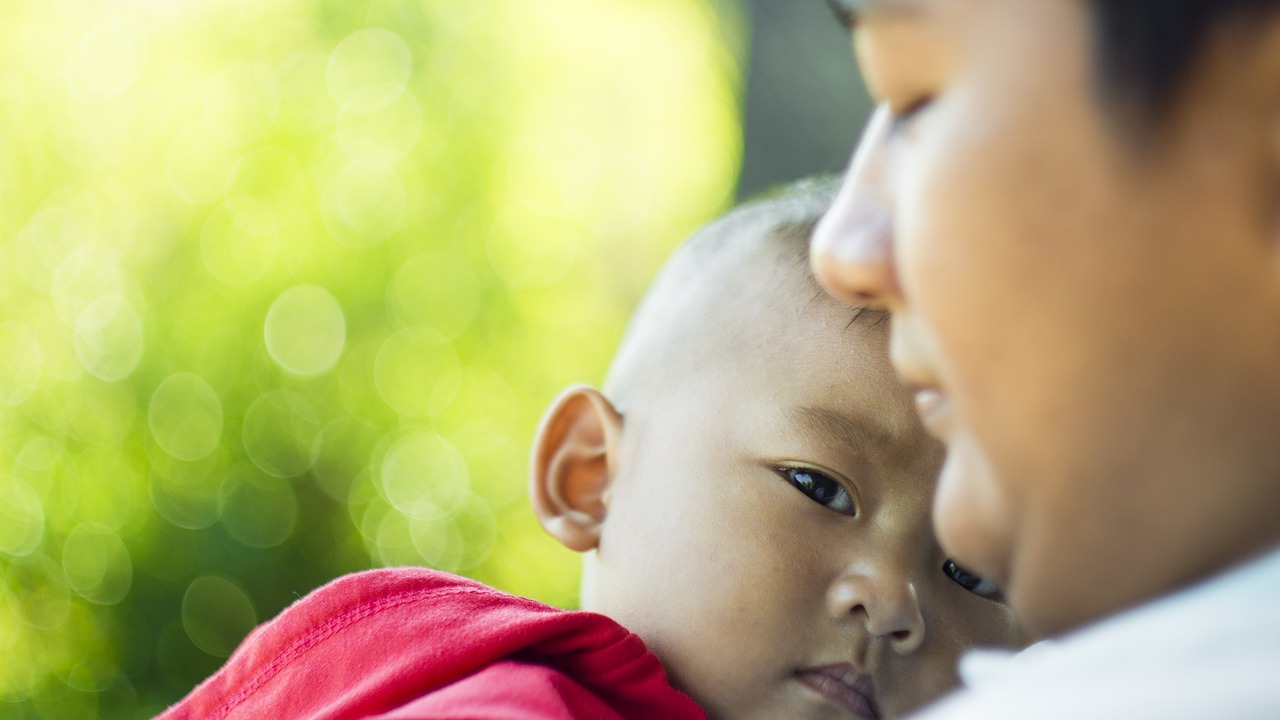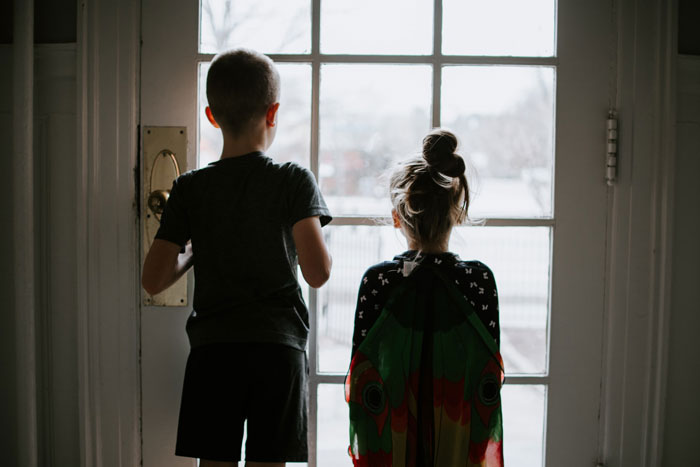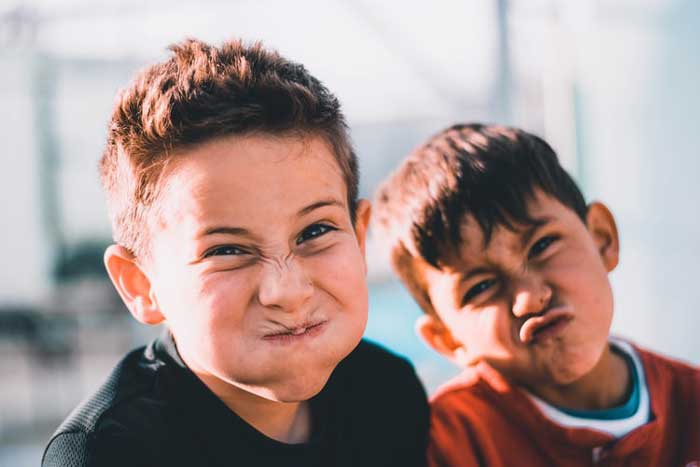How to Teach Your Child to Be a Good Friend?
Friendship is something that children are better off taught. The art of making friends and maintaining friendship fresh and exhilarating is the one that will stand them in good stead throughout their lives. Until our children can become loyal friends they won’t be able to reap the benefits of true friendship, so it’s worth our while to provide them with some guidelines.
Establish self-esteem
To begin with, see to it that your child is in peace with herself, that her self-perception is strong enough. That will allow her to avoid bullying (or participation in bullying) and other base means that ill-advised kids employ to fit in with others or establish their reputation.
Also, a kid who has a strong backbone is sure to elude poisoned relationships and build up steady social connections.
Explain about social skills
Social skills is not something we are born possessing. Polieness requires teaching and training, to be practised in situations with children and adults separately.
In order for a social connection to be cultivated to friendship, skill awareness is required, particularly the ability to say and accept “no” for an answer.
Other important skills embrace tendering sincere apologies, conducting a respectful argument when disagreeing over a point, hearing people out, empathizing and demonstrating sportsmanlike behavior.
Teach about openness and the ability to understand
Happy social life behooves to possess a degree of openness: you can be different, you can have friends who are different, what’s more, it’s a good idea to have a variegated circle of friends.
We can’t expect all kids to be the same, they are quite justified wanting to look different or wear different clotthes due to their different backgrounds. Yet basically we are made of the same stuff and it is a good reason to be kind to everybody – even if they act wrongly. Stay open for friendly interactivity.
Naturally, it doesn’t mean that every child has to be friends with everybody else, but the idea of having a lot of friends should be attractive and useful for leading a healthy social life.
Teach them to be inclusive
Encourage your kid to talk or play with those kids sitting alone during the breaks. Teach him or her to be attentive to those who look lonely and be open to friendly advances.
Friendly communicating is a thing to be taught, and your child must be instructed to be open and react in a way that makes other children feel appreciated. He or she would do well to make the newcomer feel at home or join a classmate who usually lunches alone. Try and get them to learn something exciting and creditable about the kid, or to find a pleasant trait in somebody who is otherwise irritating. It is a commendable challenge that teaches that all people have good qualities.
Read books about friendship together
Most of children’s books deal with friendship in one way or another. Reading such a book will make an excellent excuse to discuss the nature of friendship and various ways of behavior within it.
Especially useful will be books where friends are totally different and display or learn respect and understanding so that their differences don’t stand in the way of their relationship.
The child should be aware that true friends:
• Can be relied upon.
• Are always ready to lend a helping hand with a problem.
• Do many things together.
• Keep in memory important events like birthdays.
• Are unvariably kind and obliging towards each other.
• Enjoy life together.
Provide a personal example of good friendship
The best teaching technique is always setting a personal example. When you discuss your friends before your children, refer to them only advantageously. The kids will notice that you always have time for your friends and help them along; involve the children in help if you can. Accentuate your friends‘ good qualities and let the infants see your own true-friendship traits.
Keep company of old friends and new acquaintances
Having friends and enjoying friendship behooves to be gregarious, to some extent at least. You are supposed to rub shoulders with your neighbors and other parents in your grade, meet people in parks, at clubs and events, enlist people’s assistance with home projects, invite them for games, treat them to dinners, and do small favors from time to time.
Look around for prospective friends
As time goes by, new friends are more difficult to come by. Fewer opportunitites, less free time, piling concerns – all these prevent taking real interest in new acquaintances.
We all should possess initiative enough to be able to make new friends, and this ability had better be learned at an early age.
Set a playdate
By now you may know the parents of other kids of about the same age – make sure you know them all, getting acquainted and pointedly showing your little one that approaching a new someone is not frightening at all, but has all the advantages of acquiring a new exciting friend and bringing ahnges into your life!
Developing conversation skills
There is a thing called Speed Chatting which is a good and entertaining method of practicing conversational skills. Prepare a few questions, bring in a friend, seat your kid opposite and, with a timer in hand, listen tot hem putting questions for your friend to answer – and switching roles when the time is through. After the session you ask the participants to recount what they talked about and what new information about the partner they garnered. Thus the information sinks in better and children learn to describe their friends in a more impressive way.
Team building games make friendships spring up
Team building games, of which there are many, are all very fine for striking up friendships. Building forts, blocks towers and other things like obstacle courses, baking, and more suchlike tasks involving a lot of communication and disputes that make participants feel closer to one another as they are moving towards the completion.




